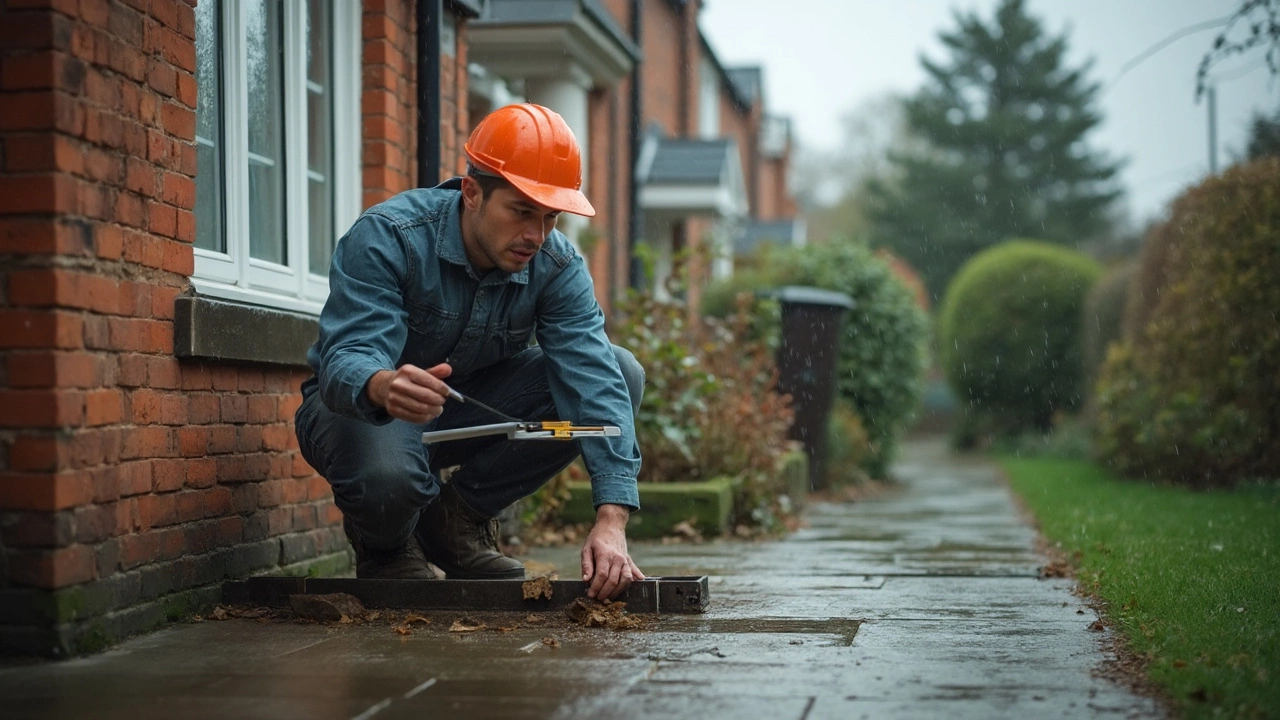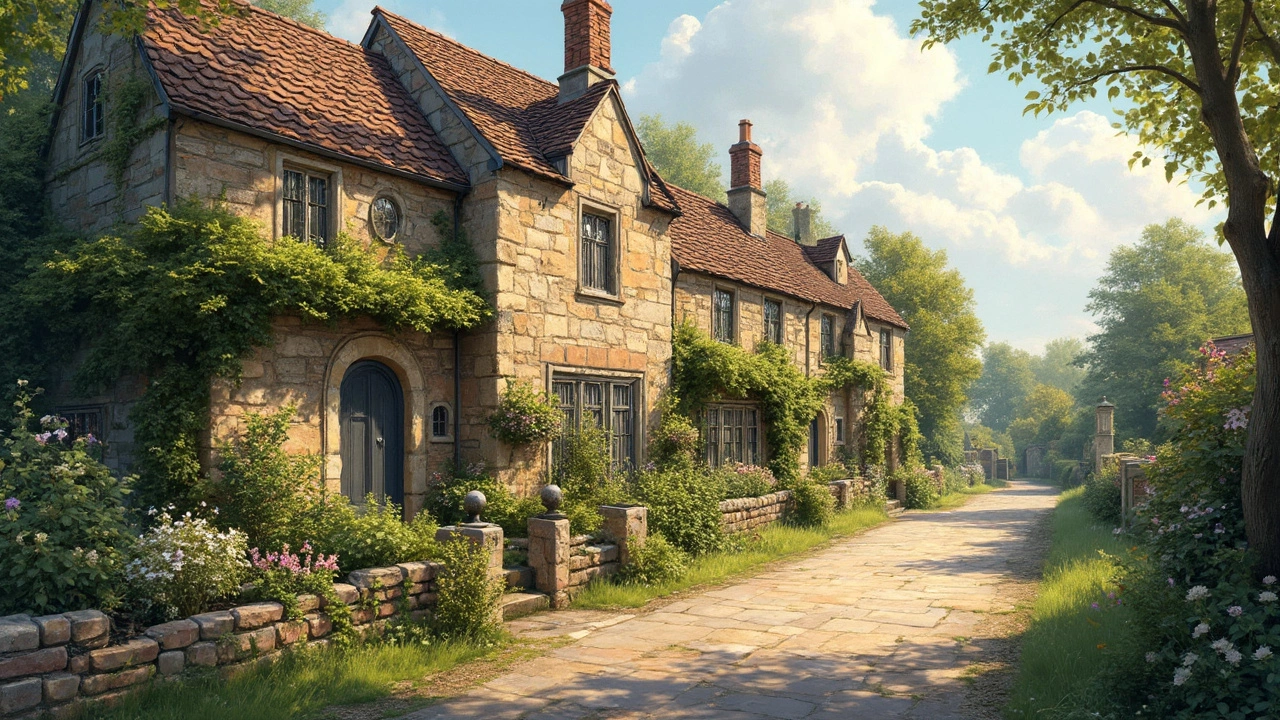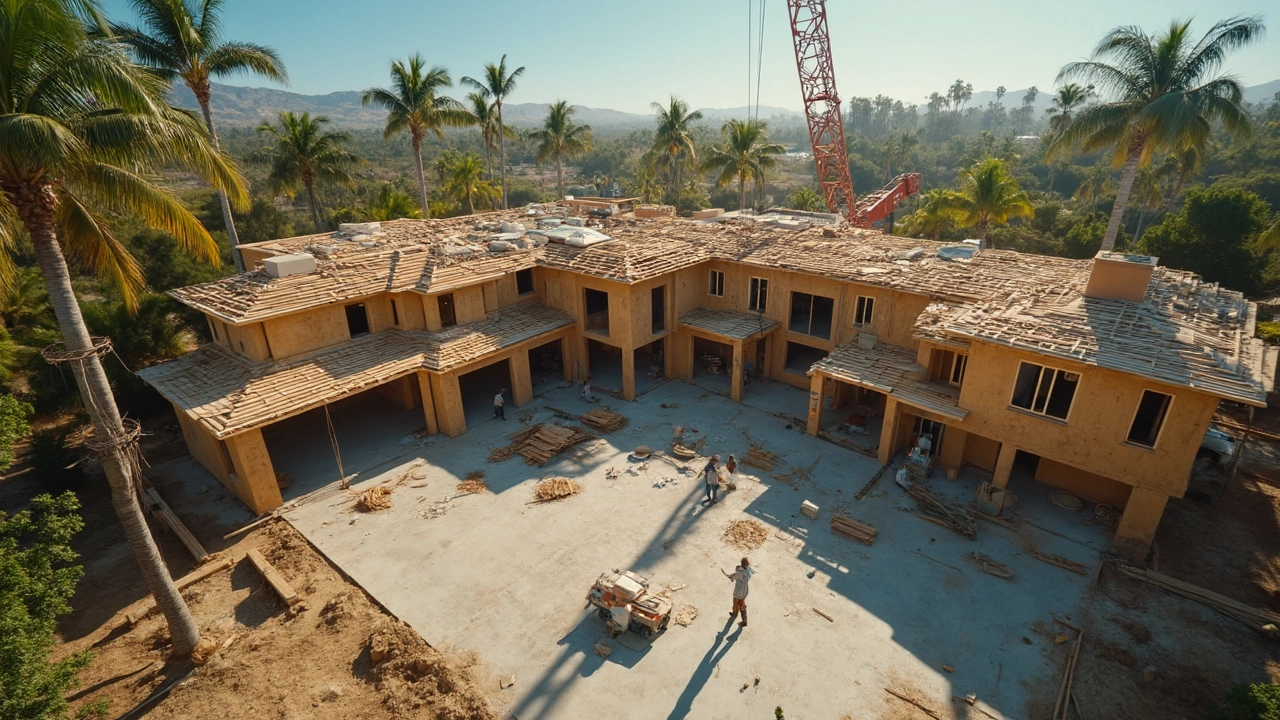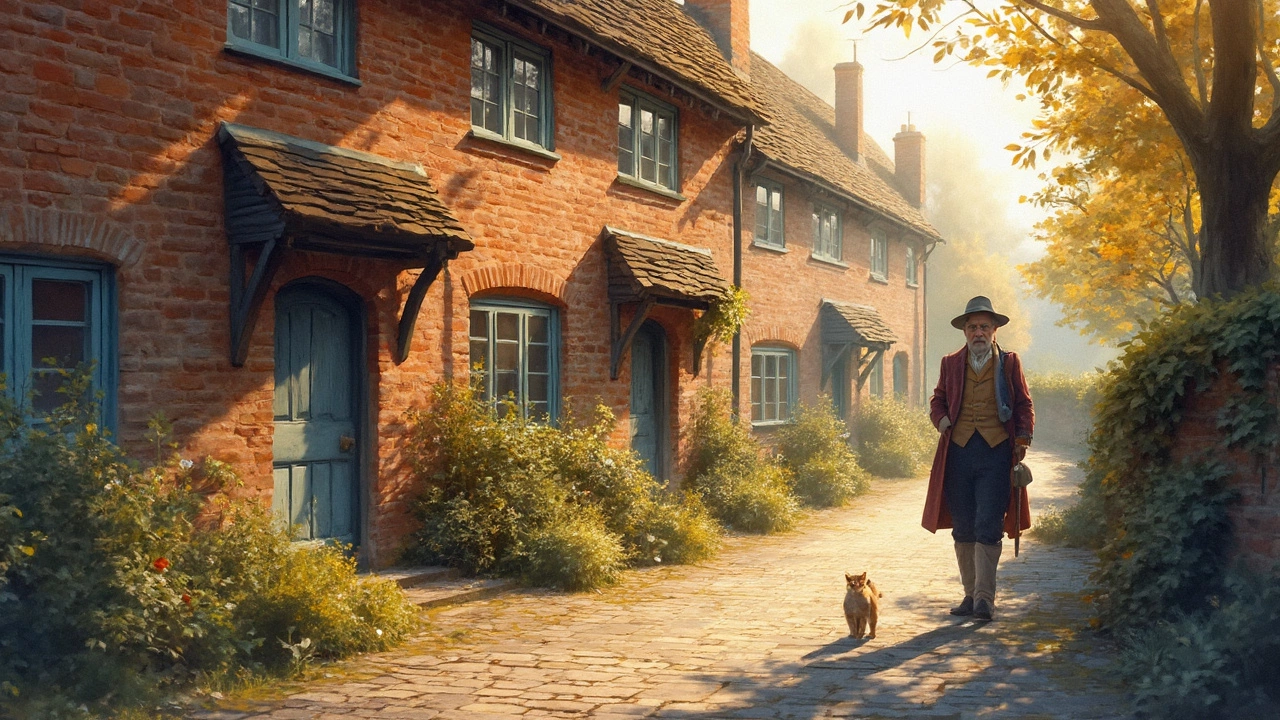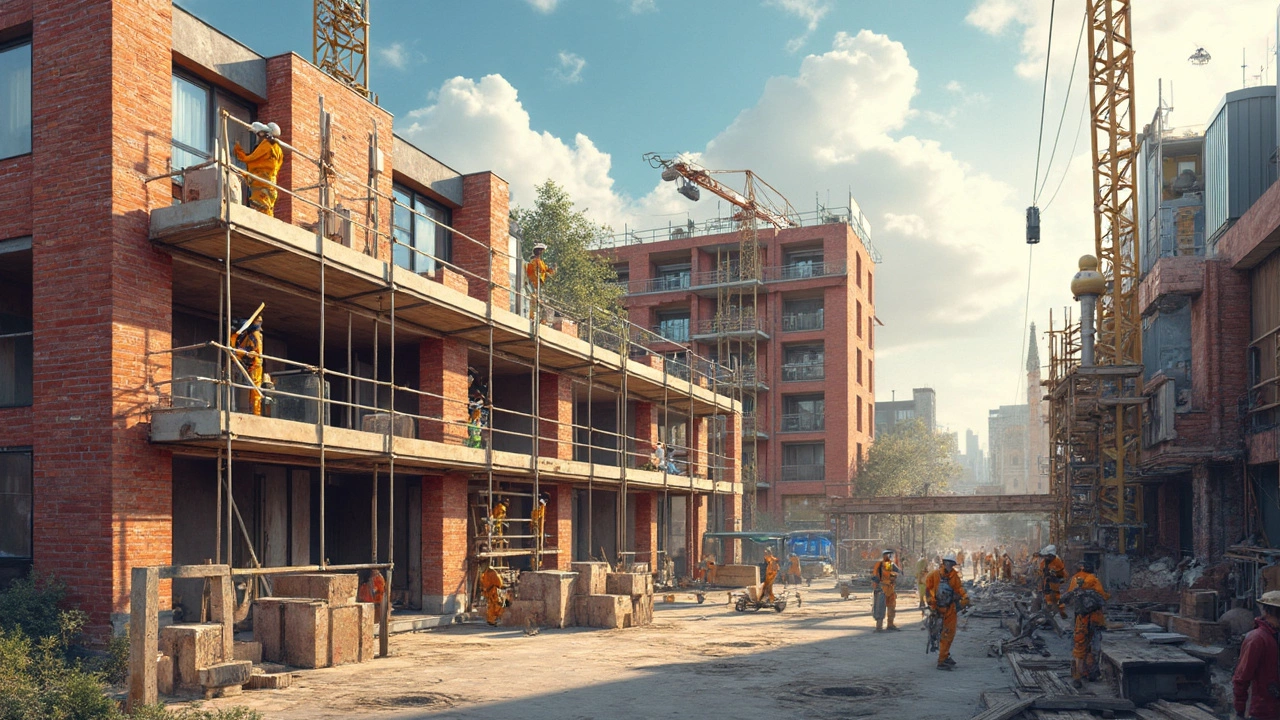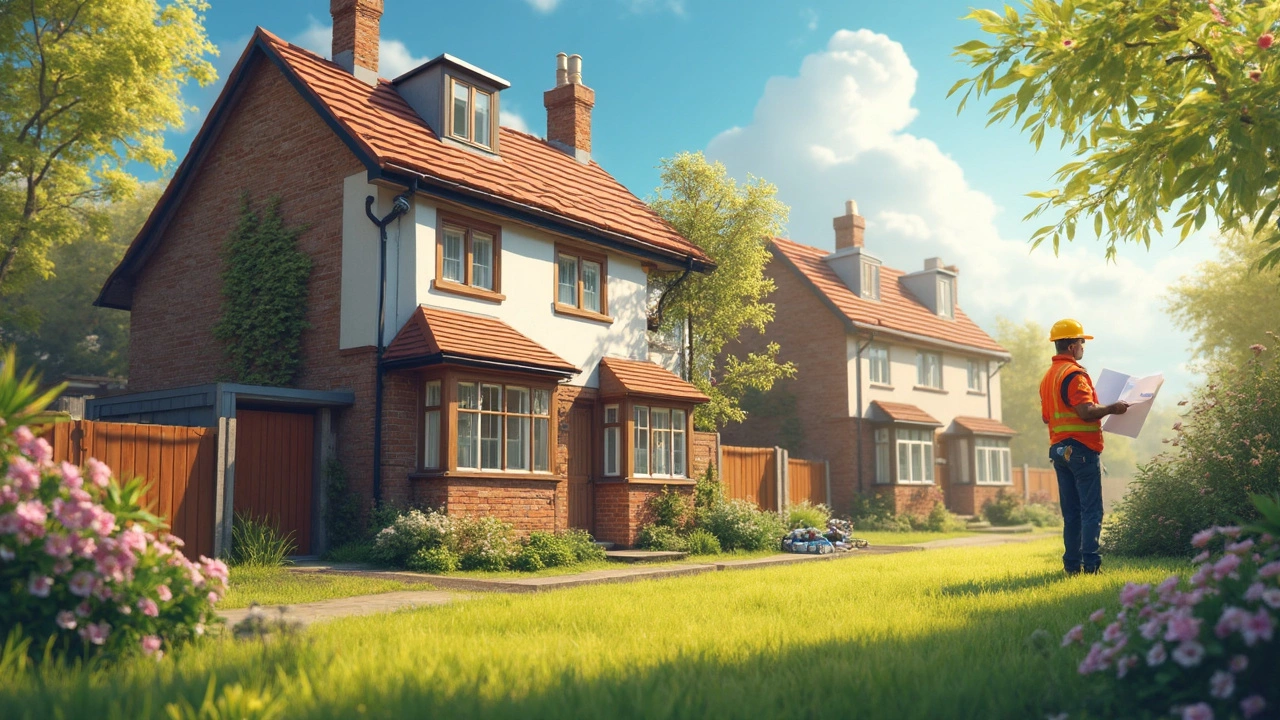February 2025 Archive: Practical Guides for Home Builders and Repairers
Welcome to the February 2025 roundup from McNeil Plumbing & Construction Services. This month we packed the blog with solid advice you can actually use – from spotting foundation cracks to choosing the right concrete mix, figuring out how much a 3,000‑sq‑ft house will cost, and even negotiating with landscapers. Whether you’re a DIY‑enthusiast or planning a full‑scale build, there’s something here to help you move forward.
Foundation Health & Repair
We kicked things off with a deep‑dive into foundation problems. The article "Foundation Troubles: Smart Fixes for Your Home's Stability" walks you through simple signs of trouble – think uneven floors, doors that stick, or cracks wider than a hairline. It also breaks down three common repair methods: slab jacking, piering, and helical piers. Each method gets a quick pros‑and‑cons list so you can decide if it’s a DIY job or a call for a pro.
Next up, "Does Foundation Repair Affect Home Value?" clears up a common fear: fixing your foundation won’t tank your house price. In fact, a well‑documented repair can boost curb appeal and raise market value, especially if you have solid before‑and‑after photos for potential buyers.
If you’re wondering about insurance, our "Does House Insurance Cover Foundation Issues?" piece spells out what typical UK policies will and won’t pay for. It advises you to read the fine print, keep maintenance records, and consider a separate rider for structural work if you live in high‑risk soil zones.
For homeowners who notice slow settling, "Is Foundation Settling Normal?" explains the difference between harmless natural shifts and serious structural movement. The guide gives three quick checks – level of doors, cracks in exterior walls, and changes in floor height – to help you decide when to call a specialist.
Construction Materials & Costs
Concrete took the spotlight in "Most Popular Home Construction Material: The Reign of Concrete". We covered why concrete remains the go‑to choice – durability, fire resistance, and cost‑effectiveness – and also warned about common pitfalls like cracking due to poor curing. If you’re thinking about mixing in recycled aggregates for a greener build, the article points you to reliable suppliers in the UK.
Two cost‑breakdown guides followed. "Cost to Build a 3,000 sq ft House in California" and "Cost Breakdown of Building a 3,000 Sq Ft House in Louisiana" both outline the biggest budget drivers: land, labor, permits, and material choices. While the numbers differ by region, both posts highlight where you can save – for example, opting for prefab wall panels or negotiating bulk discounts on lumber.
Our "Understanding Construction Materials: The Basics" post broadens the view, comparing traditional wood and brick with newer eco‑friendly options like bamboo and recycled steel. It gives quick tips on matching material to climate – metal studs for damp areas, insulated concrete forms for cold zones – so you can avoid costly retrofits later.
On the career side, "Top‑Paying Jobs in Construction" lists roles that command high salaries, from crane operators to project managers. The piece also suggests certifications that can bump your hourly rate, like NVQ Level 3 in Construction Operations.
Finally, for anyone dealing with contractors, "How Contractors Work: A Guide to Building Success" demystifies the process. It walks you through the typical project timeline, explains how change orders affect the budget, and offers three interview questions that reveal whether a contractor truly understands your vision.
We also squeezed in a handy negotiation cheat‑sheet with "Mastering Landscaping Deals: Negotiation Tips for Homeowners". It explains how to set a clear budget, ask for itemised quotes, and keep communication friendly yet firm – all to get a great yard without breaking the bank.
That’s the February 2025 snapshot. Dive into the individual posts for more detail, and feel free to reach out via our "Contact Us" page if you have a project you want to discuss. Happy building, and may your foundations stay solid!

